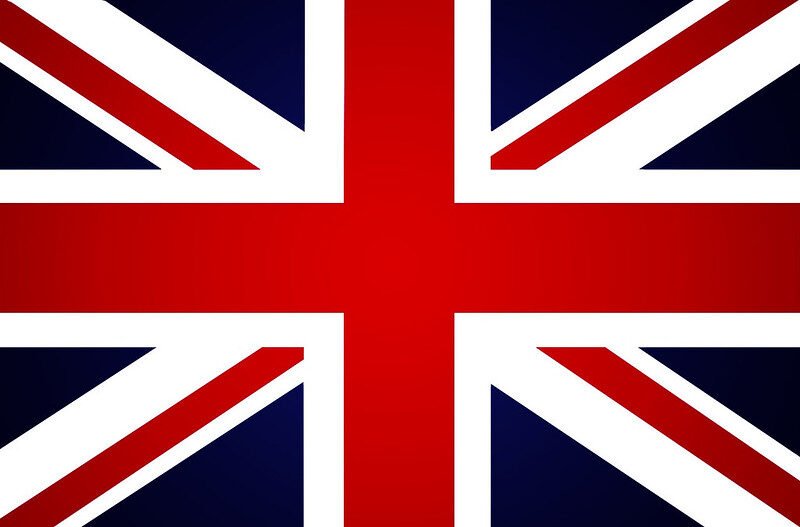1000£ to €: Best Exchange Rates [2024 Guide]
Converting 1,000 pounds to euros can be a daunting task, especially when you’re looking to get the best possible rate. Whether you’re planning a European holiday, making an international purchase, or transferring funds abroad, understanding how to maximize your exchange is crucial. In this comprehensive guide, we’ll explore the ins and outs of exchanging 1,000 pounds to euros, ensuring you get the most value for your money.
Understanding Exchange Rates
Before diving into the best ways to exchange your pounds for euros, it’s essential to grasp the concept of exchange rates. The exchange rate between the British pound (GBP) and the euro (EUR) fluctuates constantly due to various economic factors. These include interest rates, inflation, political stability, and economic performance of both the UK and the Eurozone.
When looking at exchange rates, you’ll typically see two figures: the buy rate and the sell rate. The buy rate is what you’ll get when converting your pounds to euros, while the sell rate is what you’d get if you were converting euros back to pounds. The difference between these rates is known as the spread, which is how currency exchange providers make their profit.
Finding the Best Exchange Rate
To get the most euros for your 1,000 pounds, you’ll want to find the best exchange rate possible. Here are some strategies to help you secure a favorable rate:
1. Compare Online Currency Converters
Start by using online currency converters to get a baseline for current exchange rates. These tools give you an idea of the mid-market rate, which is the fairest exchange rate possible. While you’re unlikely to get this exact rate, it serves as a benchmark for comparing offers from different providers.
2. Check with Banks and Building Societies
Your bank might offer competitive rates for currency exchange, especially if you’re a long-standing customer. However, be aware that banks often don’t provide the best rates and may charge additional fees. It’s worth checking, but don’t stop your search here.
3. Consider Online Money Transfer Services
Online money transfer services often offer better rates than traditional banks. Companies like TransferWise (now Wise), XE, and OFX are known for their competitive rates and low fees. These services are particularly useful if you’re transferring money to a European bank account rather than needing physical cash.
4. Look into Currency Exchange Specialists
Currency exchange specialists like Travelex or Marks & Spencer Bank often provide better rates than high street banks. They may also offer additional services like currency delivery or the ability to lock in a rate for future exchanges.
5. Avoid Airport Currency Exchanges
While convenient, airport currency exchanges typically offer the worst rates and highest fees. If you must exchange money at the airport, it’s better to pre-order your currency for airport pickup to secure a better rate.
Timing Your Exchange
The timing of your exchange can significantly impact how many euros you’ll get for your 1,000 pounds. While it’s impossible to predict exchange rates with certainty, there are ways to make informed decisions:
Monitor Exchange Rates
Keep an eye on exchange rates over time to get a sense of trends. You can use currency tracking apps or set up alerts to notify you when the rate reaches a certain level.
Consider Economic Events
Major economic announcements, political events, and global news can affect exchange rates. Stay informed about events that might impact the GBP/EUR rate.
Use Forward Contracts
If you’re planning a future transaction, some providers offer forward contracts that allow you to lock in a current exchange rate for a future date. This can protect you against unfavorable rate changes.
Understanding Fees and Charges
When exchanging 1,000 pounds to euros, it’s not just the exchange rate you need to consider. Various fees and charges can eat into your exchange amount:
Commission Fees
Some providers charge a commission on top of the exchange rate. This can be a percentage of the amount exchanged or a flat fee.
Transfer Fees
If you’re transferring money to a European bank account, there may be transfer fees involved. These can vary widely between providers.
Hidden Fees
Be wary of providers advertising ”zero commission” or ”fee-free” exchanges. They often make up for this by offering less favorable exchange rates.
Making the Most of Your Euros
Once you’ve exchanged your 1,000 pounds for euros, there are ways to make your money go further:
Use Local Currency
When traveling in Europe, always use euros for purchases. Avoid options to pay in pounds, as these often come with poor exchange rates.
Choose the Right Payment Method
Consider using a travel credit card that doesn’t charge foreign transaction fees. Some cards even offer cashback or rewards on international purchases.
Be Smart About ATM Withdrawals
If you need to withdraw cash, do so in larger amounts to minimize withdrawal fees. However, be mindful of carrying large sums of cash.
Conclusion
Exchanging 1,000 pounds to euros doesn’t have to be a stressful experience. By understanding exchange rates, comparing providers, timing your exchange wisely, and being aware of fees, you can ensure you get the best possible value for your money. Remember, a little research and planning can go a long way in maximizing your exchange and making your euros stretch further.
FAQ
What’s the best way to exchange 1,000 pounds to euros?
The best way to exchange 1,000 pounds to euros is to compare rates from various providers, including online money transfer services, currency exchange specialists, and banks. Avoid airport exchanges and look for providers with low or no fees. Consider the timing of your exchange and use online tools to track rates for the best deal.
How much does it typically cost to exchange 1,000 pounds to euros?
The cost of exchanging 1,000 pounds to euros can vary widely depending on the provider and current exchange rates. You may encounter fees ranging from 0-3% of the transaction amount, plus any fixed fees for the transfer. Always calculate the total cost, including fees and the exchange rate spread, to determine the best value.
Can I lock in an exchange rate for future use when converting pounds to euros?
Yes, many currency exchange providers offer forward contracts or rate lock services. These allow you to secure a current exchange rate for a future transaction, protecting you against potential rate fluctuations. However, be sure to understand the terms and any potential fees associated with these services before committing.


